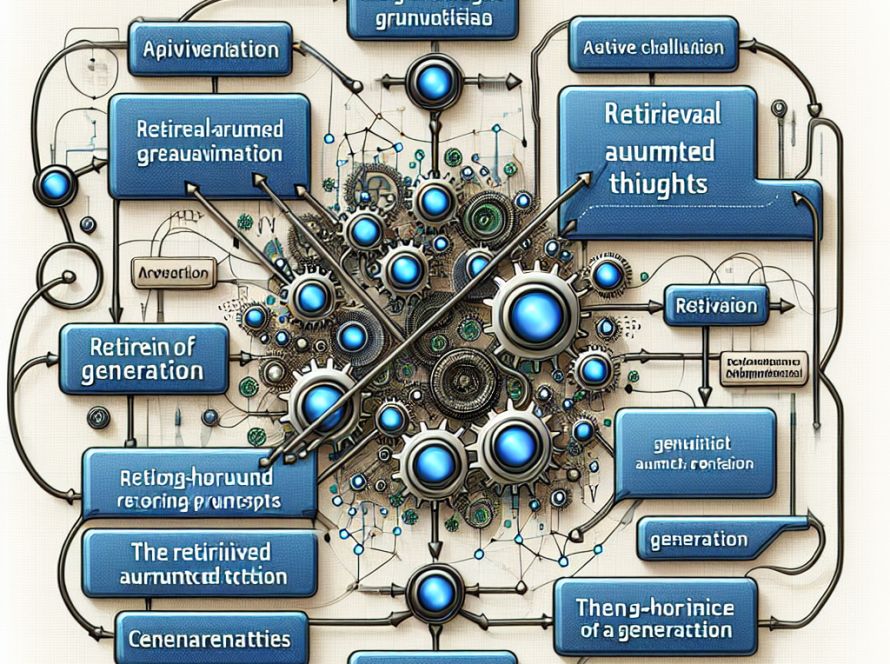Traditional methods like Molecular Dynamics simulations, Quantitative Structure-Property Relationships (QSPR), and First-Principles calculations to develop materials have limitations such as heavy reliance on available data, expensive computational resources, restricted precision and the need for physical synthesis and testing. These methods are ill-equipped to explore the vast and wide-ranging spheres of material design, considering the diverse environments they are to function in.
Addressing these issues, Microsoft researchers have created an AI model named MatterSim. Its main function is to predict material properties, a crucial aspect in creating innovative materials for several applications like nanoelectronics, energy storage, and healthcare. The complex atomic interactions within materials are influenced by a variety of environmental factors such as temperature, pressure, and elemental composition. Addressing this, MatterSim aims to accurately predict material properties under different conditions, eliminating the need for comprehensive physical experimentation.
MatterSim leverages deep learning techniques to understand atomic interactions based on quantum mechanics’ fundamental principles. It uses extensive synthetic datasets created through a combination of active learning, generative models, and molecular dynamics simulations. This ensures that all possible material spaces are covered, allowing MatterSim to predict energies, atomic forces stresses and an array of material properties. Moreover, MatterSim can also customize its prediction tasks according to specific user-provided data.
The model’s learning methodology is centred on deep and active learning techniques which give it an understanding of atomic interactions at their most fundamental level. This method enables it to predict material properties with a high degree of accuracy, equally effective as first-principles methods, but with significantly reduced computational costs. MatterSim serves as a machine learning force field capable of simulating various material properties.
MatterSim performs ten times better at predicting material properties under finite temperatures and pressure than current models. It also displays high data efficiency, requiring considerably less data than the traditional methods to achieve the same accuracy. This makes MatterSim an invaluable tool for accelerating materials design and discovery by bridging the gap between atomistic models and real-world measurements.
By integrating the model with generative AI and reinforcement learning, there’s scope to enhance its potential further in guiding creation of materials with desirable properties. Besides promoting innovation and ensuring product safety, predicting material properties under varying conditions significantly lowers costs and facilitates better design.
MatterSim is a monumental advancement in materials science, meeting the challenge of accurately predicting material properties across a broad spectrum of elements, temperatures, and pressures. It enables researchers to expedite their material design and discovery processes, leading to the development of novel materials specifically designed for diverse applications. Researchers of this project must be credited for their contribution in providing a major breakthrough in the field of material science.


